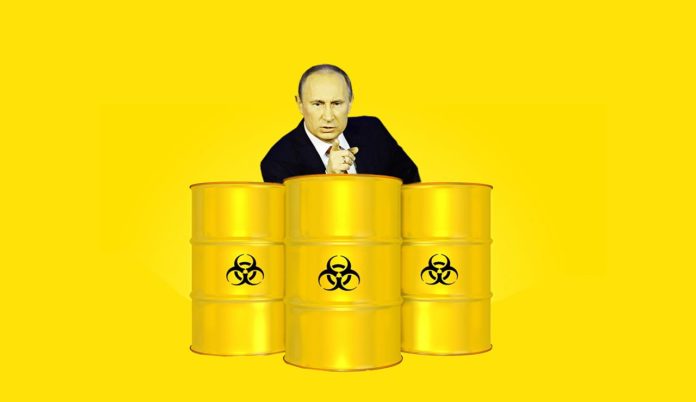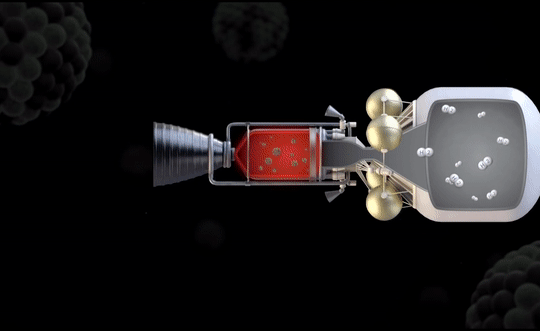
The Cold War was when the United States was competing against the Soviet Union in an arms race. While no one was killing each other, the nations were aggressively competing with one another. The Soviets managed to send the first man to space in 1961, before the United States did. The United States, then, sent the first man to the moon in 1969, beating the Soviets. The Soviets never managed to land on the moon, and because they were late, they decided to go for something even bigger. In one of its recent statements, Russia claimed progress on a nuclear space propulsion engine. The Russians are developing a nuclear engine that can help Putin outcompete SpaceX by sending humans to Mars earlier. Will Putin manage to land people on Red Planet by 2020?
Russia Claims Progress
Russia is claiming that it made progress on a megawatt class nuclear space propulsion engine. What they have to show are some physical models and video simulations.
Back in 2016, Nuclear Cluster head of Skolkovo Foundation, Denis Kovalevich, said that the nuclear engine will be used in interplanetary manned spacecraft to make sure that Russia stays competitive in the space race. According to Russian nuclear power agency Rosatom, the development of the new system will cost over the equivalent of $247 million.

Putin vs. SpaceX
One of Russia’s competitors for the Mars mission is SpaceX. Back in 2002, Elon Musk launched SpaceX partly because at the time, NASA did not have an action plan for a human Mars mission.
The SpaceX program has won $3 billion in U.S. government awards and has gone on to build rocket after rocket.
Russia’s nuclear rocket is in direct competition with SpaceX in the new space race. It is possible that there might be another cold war between the U.S. and Russia. It might be a situation where the competitive nations are in contention with each other for space resources. Especially, if Earth can no longer host the human population.


























